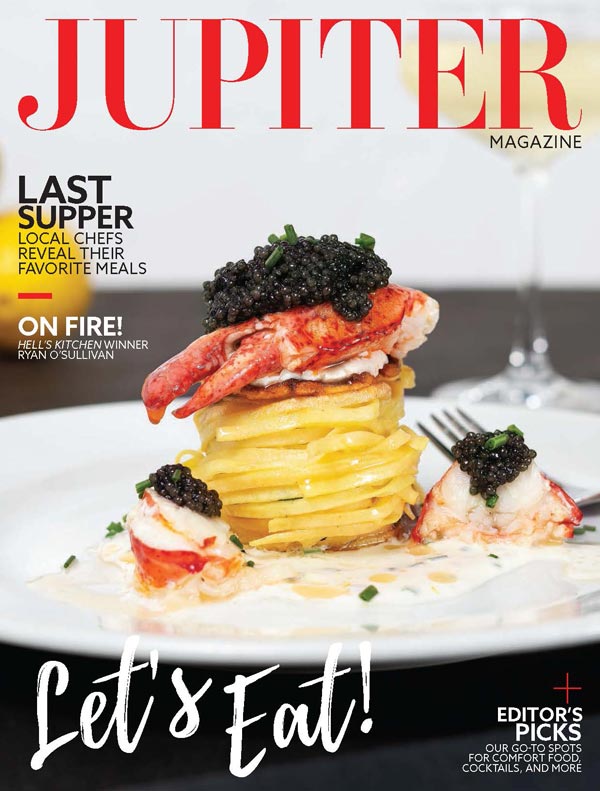
Like most people who grow up in South Florida, Marissa Williams has a natural affinity for the outdoors. She spent her youth exploring local waterways—swimming, surfing, and fishing in and around her hometown of Jupiter. In 2013, she moved north to study biomedical engineering at the University of Pittsburgh.
It wasn’t until after she earned her degree that she realized she wasn’t cut out for a cold weather existence. “I came back to Florida to get warm,” says Williams, now 38. She moved to Florida’s west coast, to Sanibel Island, and eventually settled in Stuart two years ago.
She started working remotely for a Pennsylvania-based company, residing in Florida but traveling constantly for the job. Five years later, she needed a change. “I was looking for joy, so I started doing freelance photography,” she says. “I’d shoot mostly landscapes, water-oriented subjects, and underwater scenes.”
One day, while paddle- boarding Sanibel’s J.N. “Ding” Darling National Wildlife Preserve, she passed a mangrove-lined shoreline and noticed it was littered with fishing lines and lures. Disheartened, she decided to return to the site the next day and clean it up. Nippers in hand, she began freeing all kinds of flashy-colored hooks and rings that were tangled in fishing line along the shore. In the days that followed, she started regularly visiting the Blind Pass waterway between Sanibel Island and Captiva, where a lot of people fish. She was shocked by the debris she encountered. “There was a ton of trash,” recalls Williams. “I saw an ibis skeleton wrapped around a mangrove and fish and other creatures tangled in lines. I hate to see wildlife destroyed.”

She made it her mission to clean the 100-foot stretch of shoreline anytime she was outside paddleboarding, fishing, or hanging out on the beach. She often took her frustration to social media, posting photos she had taken of the various lures and tangled rope she collected. “When people saw this and asked what I do with the lures, I started giving them away to local artists to use in their work,” she says.
Then something clicked: Williams began reworking the discarded lures she gathered with new split rings and hooks. Some resembled dangling earrings, pins, and other jewelry; others looked like colorful pieces of art. And she started selling the repurposed trinkets. Her very first sale was to a charter captain, who bought them for clients he took out on his boat. “I sold him 120 of them,” she says. “He was local and liked what I did. He wanted to educate others on this idea. I think bringing awareness to this issue helps fishermen who are just starting out to avoid picking up the habit [of tossing their gear], where it ends up wrapped around a bird.”
Williams donates 50 percent of her profits to local wildlife and conservation efforts, including Loggerhead Marinelife Center in Juno Beach, Clinic for the Rehabilitation of Wildlife in Sanibel Island, and various animal rescues. “I want to do my part and make a difference,” she says.
To keep up with the growing demand, Williams launched an online shop in 2019, Salt Collins Lures. Her website boasts a rotating inventory of designs, which she sells for between $20 and $27 for a set of four. She is also branching out to create Christmas ornaments ($10-$15 each).
As she continues to clean up local shorelines, one of Williams’ goals in the coming months is to expand her photography business. “Taking photographs makes me happy,” she says. “I want to continue cleaning up and selling repurposed lures on a much larger scale, and I want to use my photography as education and inspiration so others will get outside, enjoy,
and help preserve this beautiful coast.”











Facebook Comments